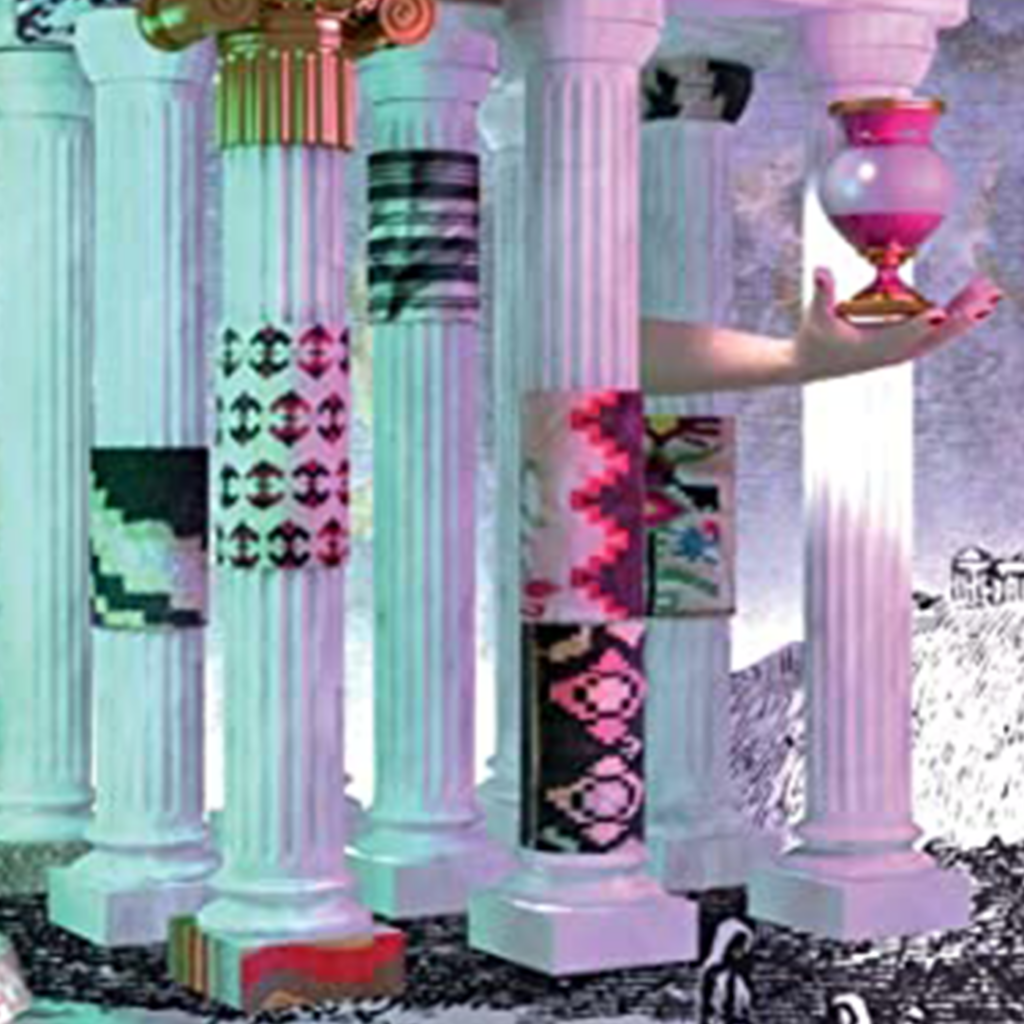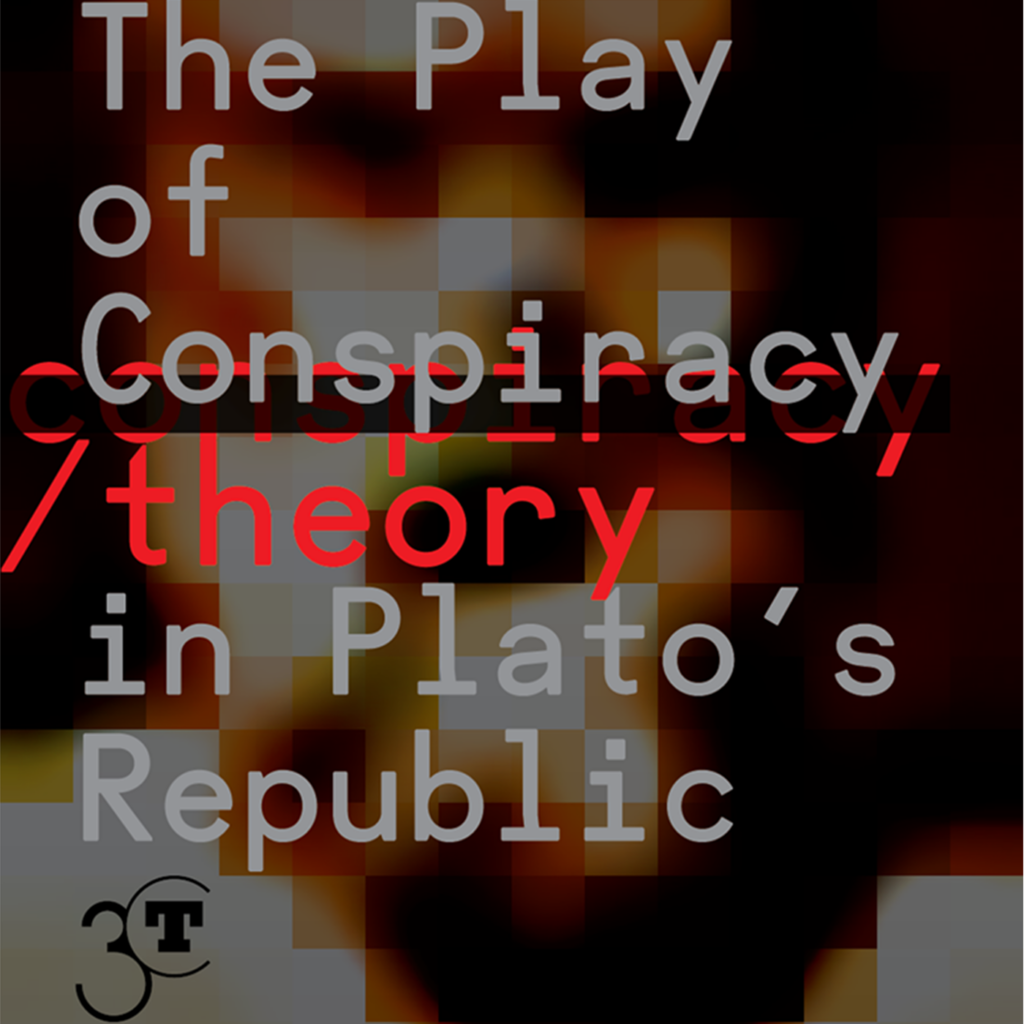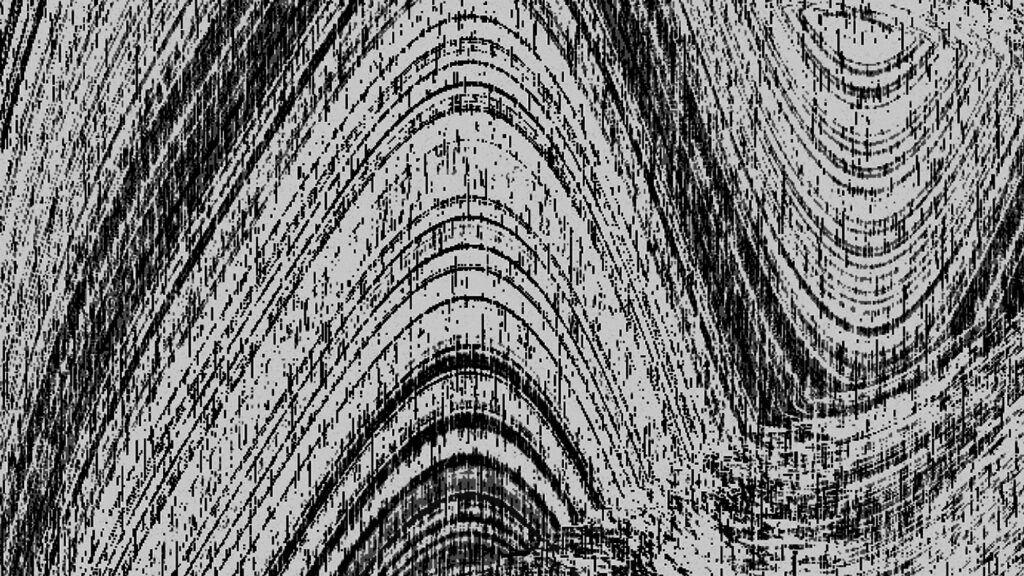Feminists Read the Greeks
Since the 1970s, thinkers writing on gender, sex, and sexuality have staged a series of generative, critical, and sometimes controversial encounters with ancient Greek thought, politics, and culture. As one classicist puts it, feminist theory has “gone a long way . . . toward inscribing classical Greek philosophy at the origins of some of the most tenacious assumptions about sexual difference in the Western tradition.” This course explores the ways that the texts and practices of ancient Greece, if not the idea of “the Greeks,” have provided theoretical and symbolic resources for feminists and others to think critically about gender (and sexuality) as a conceptual and political category. What sorts of interpretive and historical assumptions govern these engagements? To what extent might the trajectories of gender studies, feminism, and classics be intertwined? Was there a concept of “gender” in ancient Greece? Of sexuality? Is it fair to say, as many have, that classical Greek ideas about gender and the sexed body are wholly opposed to those of the moderns? What other oppositions could this habit of thought be working to keep in place? Sample reading list: Sophocles’ Antigone, Plato’s Republic, Foucault’s The Use of Pleasure, Ann Carson’s Oresteia, Judith Butler’s Antigone’s Claim.
PLSC 25804 | PLSC 45804 | GNSE 25804 | GNSE 45804 | CCCT 25804 | CCCT 45804 | KNOW 25804



